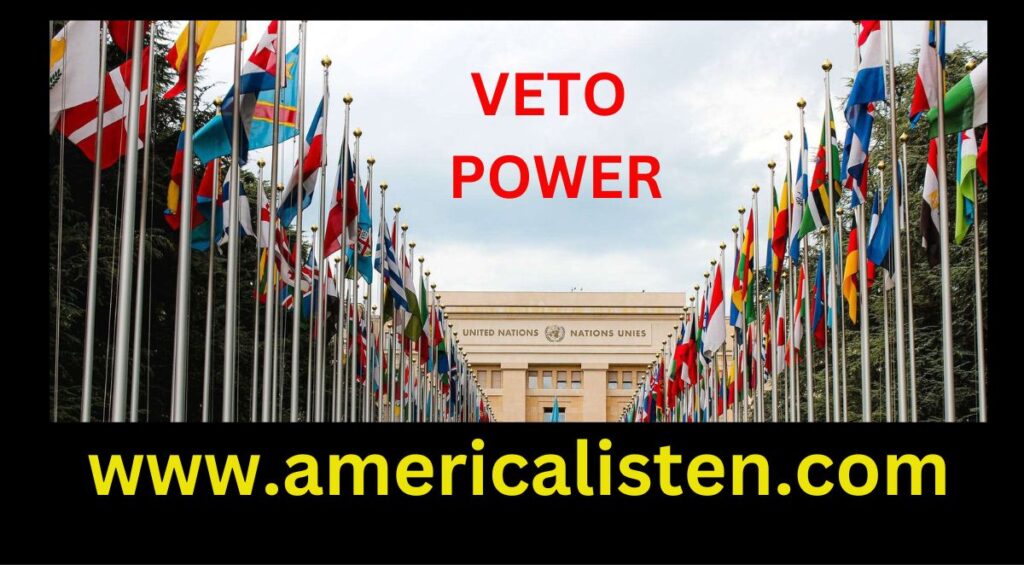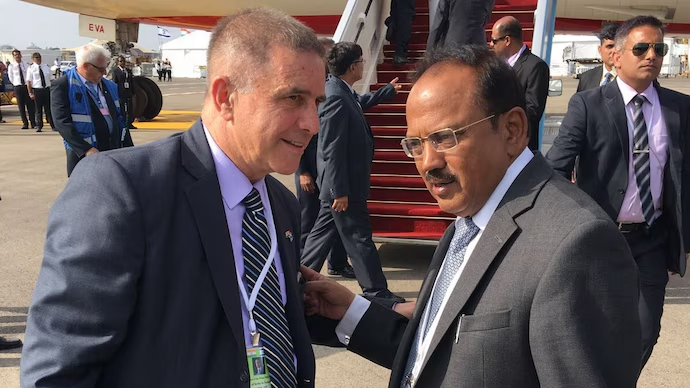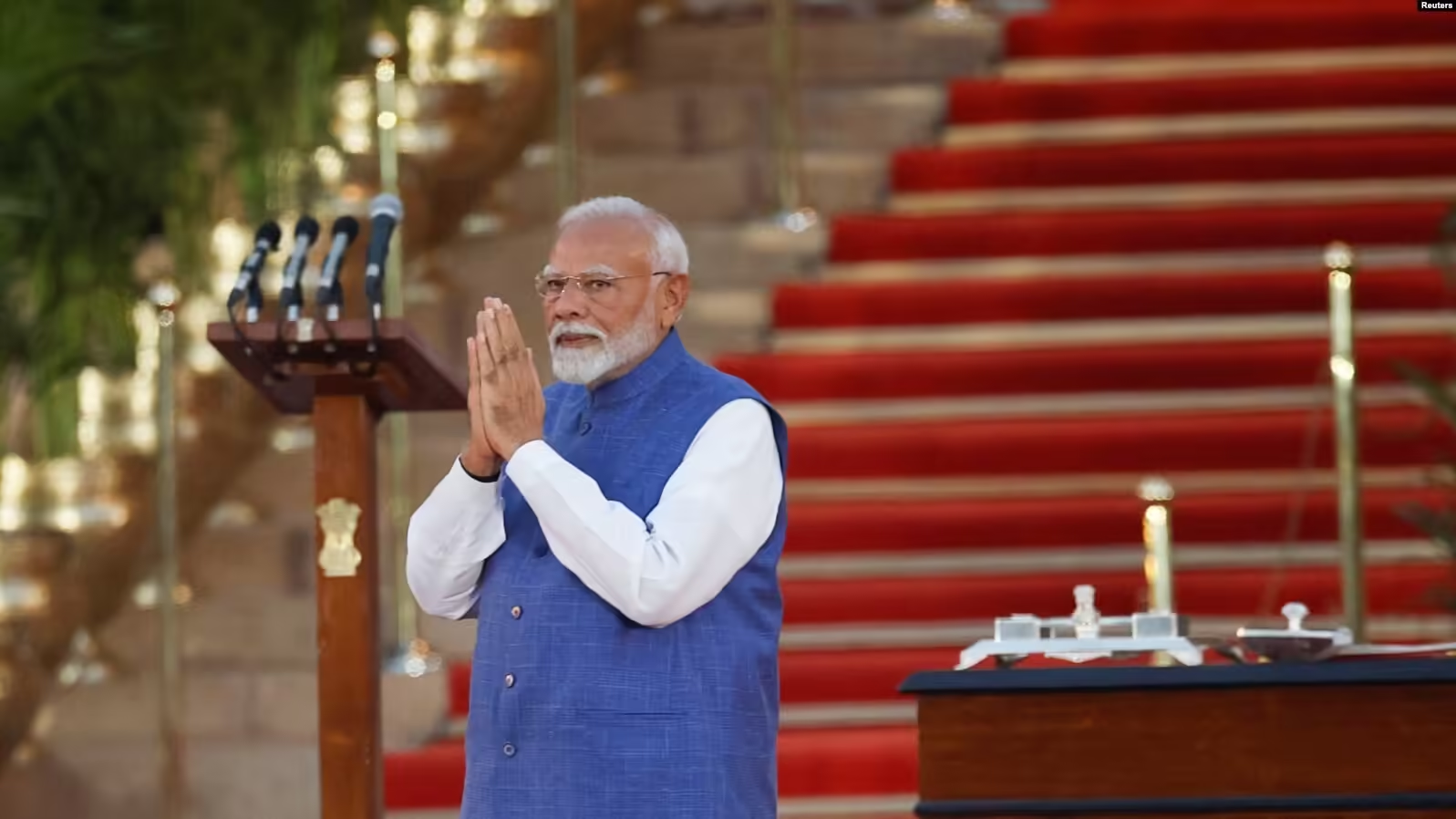“The veto power of the five major powers should be abolished because this privilege distinctly signifies that the world is governed by these five countries.”The global geopolitical landscape has long been shaped by the influential role of the United States, Russia, China, the United Kingdom, and France – the five major powers holding veto power in the United Nations Security Council. However, as the world grapples with evolving challenges and strives for a more equitable international order, there is a growing chorus of voices advocating for the abolition of the veto power held by these nations. This article explores the dynamics of this call for change, examining the arguments put forth by those challenging the current system and the potential implications for global governance.

The Origins of Veto Power:
The establishment of the United Nations after World War II aimed to foster international cooperation and prevent conflicts. However, the inclusion of the veto power in the Security Council was a compromise meant to secure the participation of major powers. This privilege grants each of the five nations the authority to block any substantive resolution, creating a complex power dynamic within the international body.
Arguments for Abolition:
- Equality and Fair Representation:
Advocates for abolishing the veto power argue that it perpetuates an outdated hierarchy that no longer reflects the current global distribution of power. A more democratic system, they contend, would provide a platform for a diverse range of voices, ensuring fair representation for all nations. - Enhanced Decision-Making Efficiency:
Critics of the veto power point to instances where Security Council action was hampered due to conflicting interests among the major powers. Without the veto, proponents argue, the UN could respond more swiftly and effectively to emerging crises, fostering a more responsive and agile international system. - Addressing Humanitarian Concerns:
The use of the veto power in situations involving human rights abuses or humanitarian crises has drawn significant criticism. Calls for its abolition often centre on the need for a more robust and accountable international response to such issues, unencumbered by the geopolitical considerations of a select few. - Promoting Diplomacy and Cooperation:
Abolishing the veto power could incentivize major powers to engage in more constructive diplomatic dialogue, encouraging cooperative solutions rather than reliance on unilateral actions that can lead to global tensions.
Potential Challenges and Counterarguments:
- Maintaining Global Stability:
Opponents argue that the veto power, while imperfect, serves as a stabilizing force by preventing rash or ill-considered actions. They contend that removing this power could lead to unchecked decisions that may escalate conflicts or disrupt the delicate balance of international relations. - Protecting National Interests:
Nations holding the veto power assert that it safeguards their national interests and sovereignty. Abolishing this privilege, they argue, could diminish their ability to protect core strategic concerns on the global stage.
Conclusion:
The debate over the abolition of the veto power held by the five major powers reflects a broader conversation about the future of global governance. Striking a balance between inclusivity, efficiency, and stability is a complex challenge. As the world continues to evolve, the international community must grapple with how best to address these competing interests to create a more just and effective global system. The conversation around this issue remains a vital aspect of shaping the future of international relations.
To Know More About United Nations Security Council veto power please click Here
Urgent Imperative: The Immediate Need for Abolishing Veto Power Held by the Five Major Powers
The call for the abolition of the veto power wielded by the five major powers in the United Nations Security Council is not merely a theoretical debate but an urgent imperative demanding immediate attention from the global community. As the world faces unprecedented challenges, crises, and humanitarian emergencies, the flaws in the current system are becoming increasingly apparent. This article underscores the pressing need for swift action in dismantling the veto power and advocates for a more inclusive, responsive, and accountable global governance framework.
The Escalating Global Crises:
In the 21st century, the world confronts a myriad of complex challenges, including climate change, pandemics, refugee crises, and geopolitical tensions. The current veto power structure, marked by bureaucratic delays, geopolitical rivalries, and conflicting national interests, has proven woefully inadequate in addressing these urgent issues. The escalating scale and frequency of crises necessitate a reevaluation of the existing power dynamics.
Humanitarian Imperatives:
The veto power’s impact on humanitarian interventions cannot be overstated. Time and again, critical resolutions aimed at alleviating human suffering and preventing atrocities have been thwarted by the self-interest of a few. The immediate need to abolish the veto power is evident in the urgency to create a system that prioritizes the protection of human rights, the prevention of mass atrocities, and the swift response to humanitarian emergencies.
Enhancing Global Response Mechanisms:
The COVID-19 pandemic starkly illustrated the limitations of the current governance structure in responding to global health crises. Abolishing the veto power becomes an emergency need to empower the international community to coordinate and implement effective, collaborative responses to pandemics and other transnational threats. A system that can adapt rapidly to emerging challenges is critical for safeguarding global well-being.
Ensuring Sustainable Development:
As the world strives to achieve sustainable development goals, the current veto power structure poses a hindrance. Urgent action is required to eliminate barriers that impede progress, ensuring that decisions made at the international level align with the common good and address the urgent challenges of poverty, inequality, and environmental degradation.
Fostering International Cooperation:
Abolishing the veto power is an emergency imperative to foster genuine international cooperation. The existing system perpetuates a climate of mistrust and competition among major powers, hindering collaborative efforts to tackle global challenges. Removing this obstacle is crucial for building a world where nations can work together in a spirit of solidarity to overcome shared problems.
Conclusion:
The urgency to abolish the veto power held by the five major powers is not a matter of abstract debate but a response to the immediate needs and emergencies facing our interconnected world. As we confront unprecedented challenges that transcend national borders, the international community must act swiftly and decisively to reshape global governance, creating a system that is responsive, inclusive, and capable of addressing the pressing issues that affect us all. The time for reform is now, and the stakes are nothing less than the well-being of humanity and the planet we inhabit.
You May like :
Why Jewish Activists Bring Traffic to a Halt in Los Angeles? Rallying for Peace in Gaza
Unleashing the Future: Google Pixel 7 – Why It’s The Smartphone You’ve Been Dreaming Of!
Demolishing the Veto Power
In the intricate tapestry of international relations, the concept of veto power has been a source of both contention and cooperation among nations. The power vested in a select few to unilaterally block significant decisions within international organizations has sparked debates about fairness, equality, and the efficacy of global governance. In this article, we delve into the pressing need of our time to reconsider and ultimately demolish the veto power that exists in various international bodies.
The roots of veto power can be traced back to the aftermath of World War II, particularly with the establishment of the United Nations Security Council (UNSC). The intention was to ensure that major powers, such as the United States, the Soviet Union, China, the United Kingdom, and France, would play a central role in maintaining global peace and security. However, the veto power granted to these nations has often been criticized for creating an imbalance of influence and hindering collective decision-making.
One of the primary challenges posed by the existence of veto power is the obstruction of crucial decisions that demand collective action. The inability to respond swiftly and decisively to pressing global issues, such as humanitarian crises, conflicts, and environmental challenges, has led to skepticism about the effectiveness of international institutions. The veto power, rather than serving as a tool for cooperation, has at times become a barrier to achieving meaningful and timely solutions.
Critics argue that the veto power perpetuates a hierarchical structure within international organizations, undermining the principles of equality and fair representation. The concentration of power in the hands of a select few nations can lead to decisions that prioritize national interests over the common good, further exacerbating global inequalities. In a world that is increasingly interconnected, the need for inclusive decision-making processes has never been more apparent.
As we stand at the crossroads of a rapidly changing global landscape, the call for reforming international institutions, particularly the UNSC, grows louder. Many voices, representing diverse perspectives and nations, advocate for a more democratic and transparent system that reflects the realities of the 21st century. The demolition of the veto power is seen as a crucial step towards achieving this goal.
Demolishing the veto power does not imply a disregard for the legitimate concerns of major powers. Instead, it calls for a more nuanced and inclusive approach to decision-making. A reformed system could involve mechanisms that consider the interests of all nations, large and small, and ensure that decisions are made collectively, with due regard for the diverse challenges faced by the global community.
In conclusion, the need to demolish the veto power is a pressing issue that resonates with the evolving dynamics of our world. It is a call for a more equitable, just, and effective global governance system that can respond to the challenges of the 21st century. As we navigate an era marked by unprecedented interconnectedness, the time has come to reconsider the structures that shape our collective destiny and pave the way for a future where the word “veto power” is no longer a hindrance but a relic of the past.


